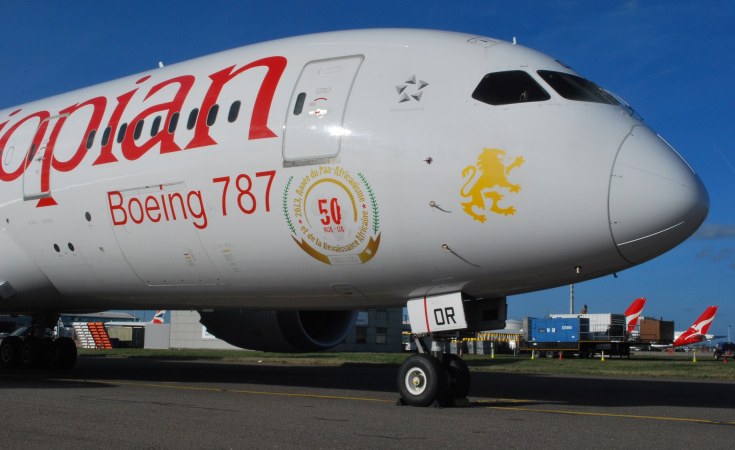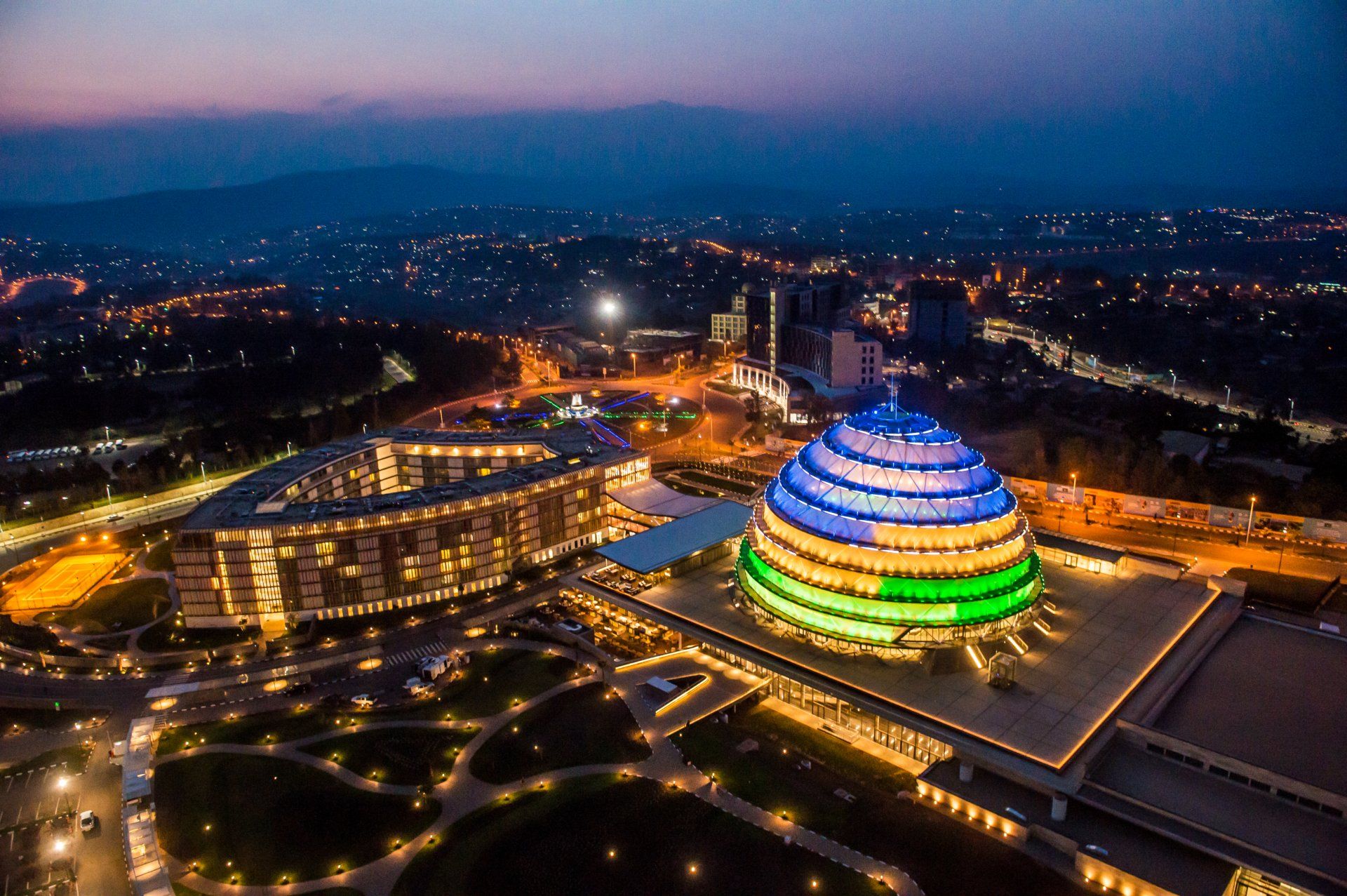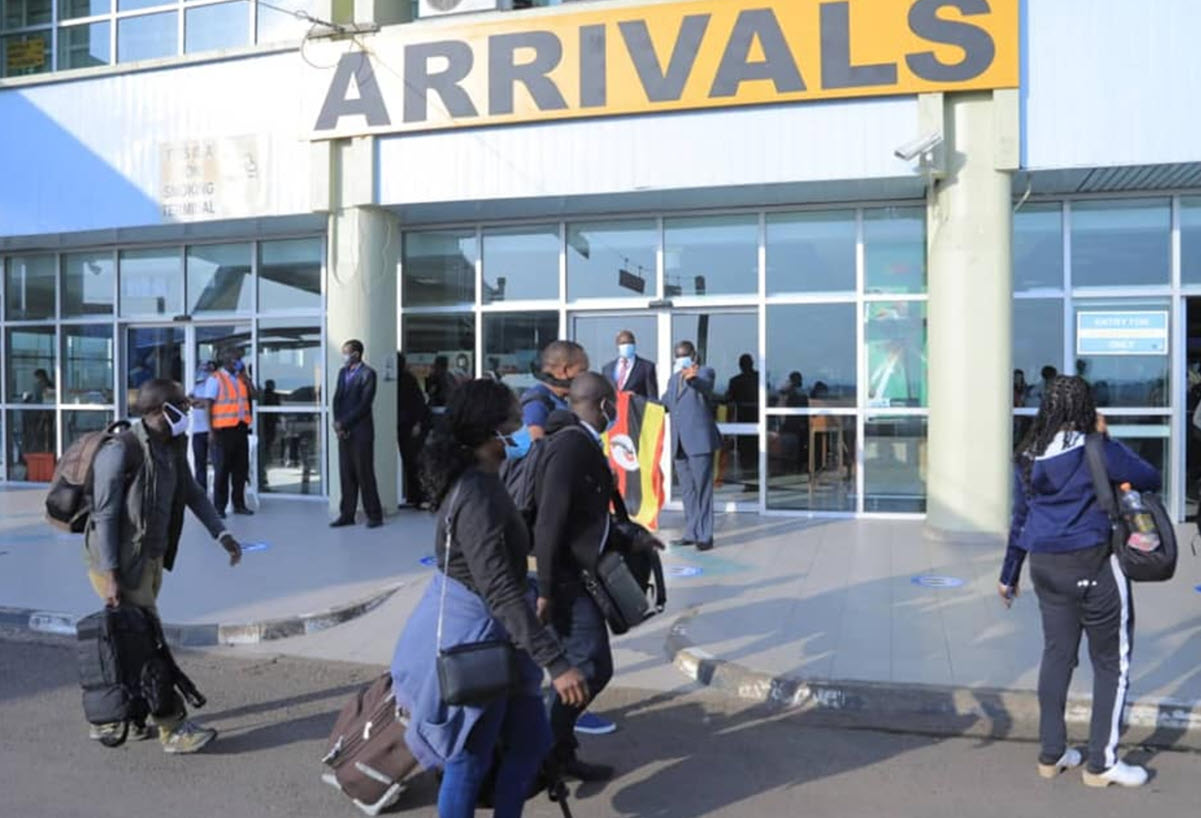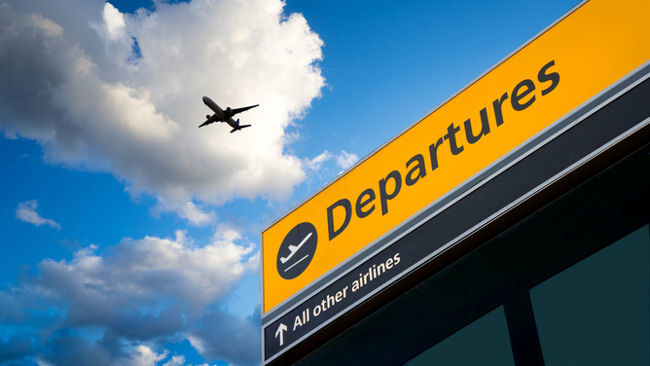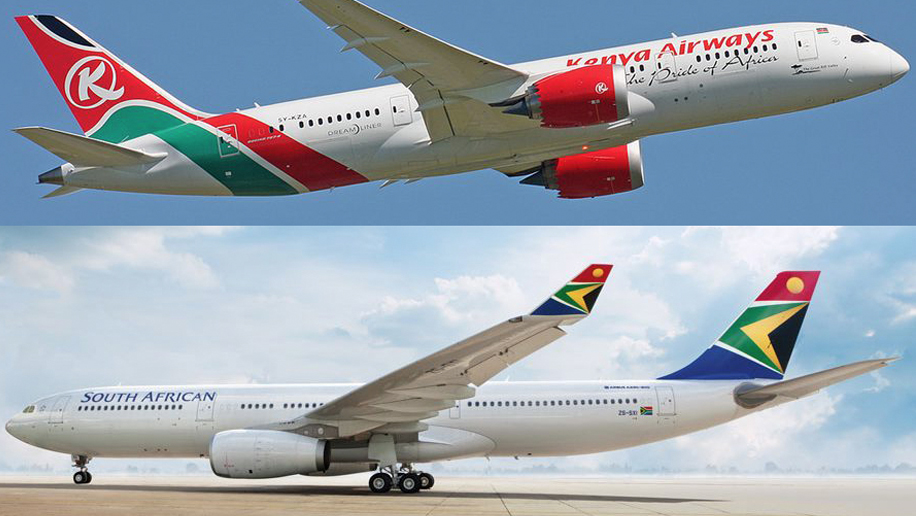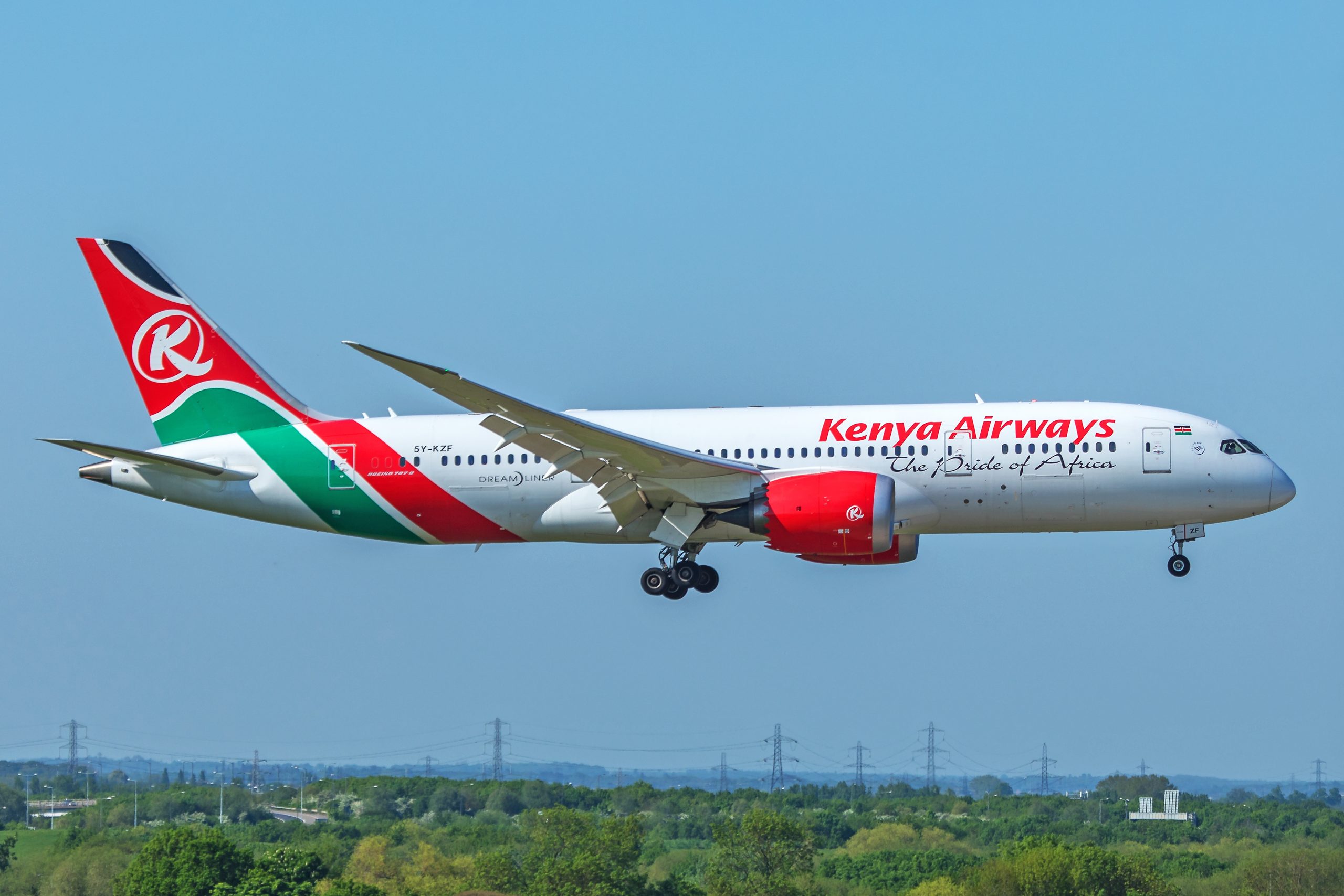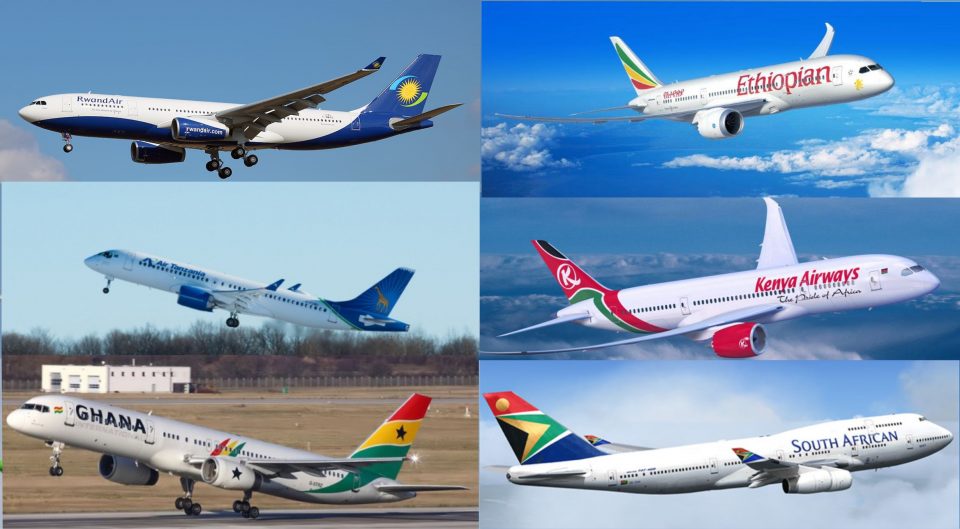Ethiopian Airlines has announced that it plans to put its Boeing’s 737 Max back to service for the first time since the aircraft model was involved in a crash that claimed 157 lives three years ago. Chrystal Zhang has studied the business models of airlines. We asked her to make sense of the source of Ethiopian Airlines’ confidence.
When, and why was Boeing’s 737 Max grounded?
By 12 March 2019, two days after Ethiopian Airlines flight 302 crashed, civil aviation authorities in China, Australia, Britain, France, Germany, Ireland, Malaysia, Mongolia, Oman and Singapore had already grounded the 737 Max.
This was in addition to airlines in Brazil, South Africa, South Korea, Norway, India, Turkey and other countries. On March 13, 2019, the US Federal Aviation Administration grounded the entire 737 Max fleet.
The decision was made following the fatal crash of Ethiopian Airlines’ 302 flight enroute from Addis Ababa to Nairobi. The accident killed all 157 passengers and crew members on board.
This wasn’t the Boeing 737 Max aircraft’s first incident.
On 29 October 2018 there was a fatal crash of a flight operated by Lion Air, an Indonesian low-cost carrier. The airline was enroute from Jarkata to Pangka Pinang and the crash resulted in 189 casualties.
Two years earlier, in March 2017, the US Federal Aviation Administration had granted an amended-type certificate to Boeing for the 737-8 aircraft, the first of the 737 Max family. An amended type certificate approves modification, and how such modification affects the original design. The Max is the fourth generation of the 737 model airplane, and is the successor to the company’s 737 Next Generation family of aircraft.
The 737 Max was the 12th derivative model of the 737 aircraft, which was first certified half a century earlier in 1967. Two months after the US Federal Aviation certification, the first 737 Max entered revenue passenger service with Malindo Air, a Malaysian air carrier. Seventeen months later the 737 Max suffered its first fatal crash.
Is there a consensus on the cause of the accidents?
A study has analysed the cause of the 737 Max crashes. The model had a new feature in its flight control computer – the manoeuvring characteristics augmentation system – that has become the centre of scrutiny for Max crashes.
The new system had an ability to trigger flight control movements that challenged the pilots’ command of the aircraft. In addition, the software operated on input from one of the two sensors externally mounted on either side of the aircraft’s fuselage (main body).
For Ethiopian flight, the system triggered four times as a result of false sensor readings, forcing the airplane into a nose down from which the pilots were unable to recover. Faulty sensor data that erroneously triggered the system to repeatedly activate landing played critical roles in the Max crashes.
Given significant advances in aviation safety over the last two decades it was extraordinary for two new airplanes, of a new derivative model, to crash within five months of each other.
While certain facts and circumstances surrounding the accidents differed, a common component in both was the new flight control feature.
Boeing developed the system to address stability issues in certain flight conditions induced by the plane’s new larger engines and their relative placement on the 737 Max aircraft compared to the engines’ placement on the 737 NG.
Is Ethiopian Airlines jumping the gun?
So far, 13 airlines have resumed flying Boeing’s 737 Max. These include The Ryanair Group of Ireland, Air Canada, American Airlines, Alaska Airlines and India-based SpiceJet.
In the case of Ethiopian airlines, the reasons for resuming its flights include:
- The action taken by both Boeing and the US Federal Aviation Administration in terms of product redesign, pilot training requirements, commitment to corporate culture change and certification. These seek to ensure that the aircraft model satisfies all regulatory requirements.
- Boeing’s 737 Max has its unique market positioning to serve the short-medium haul market
- The aircraft is more economically viable for airlines to use to serve their target market
- The airline had made financial commitment to aircraft procurement
Have the crashes been fully analysed and resolved?
The US House Committee on Transportation and Infrastructure conducted an 18-month investigation into design, development, and certification of the 737 Max aircraft, and related matters.
The Committee’s investigation has revealed multiple missed opportunities that could have turned the trajectory of the Max’s design and development toward a safer course. The model resulted from flawed technical design criteria, faulty assumptions about pilot response times, and production pressures.
Boeing failed in its design and development of the Max. The US Federal Aviation Administration, on the other hand overlooked its aviation safety mission. It failed in its oversight of Boeing and its certification of the aircraft.
At the direction of Committee Chair Peter DeFazio and Subcommittee on Aviation Chair Rick Larsen, the 245-page report is being released to help inform the public’s understanding of what went so horrifically wrong and why.
What are the lessons learnt?
Never be complacent: Boeing is renowned for its disruptive innovation and novel products. It has served the global aerospace and aviation markets throughout its one-century history. But the company has become more of a financially successful business than a great engineering firm. It was the intent of Harry Stonecipher, its President and Chief Operation Officer in 2004, who championed the corporate culture change. But past glory does not warrant future success. Staying competitive in the market requires innovation, but more importantly, respect and protection of customers and stakeholders.
Do things right and do the right things: These are the fundamental ethical values that a good engineer upholds to be accountable for the safety, health, and welfare of the public. Driven by the desire to outpace its rivals – while designing, developing and introducing B737 Max to the market – Boeing failed to meet both criteria. Boeing, and any other business, need to adhere to these fundamental values and be accountable for its conduct.
Improve safety cultures: There is an ongoing debate that upholding highest safety standards and nurturing safety culture jeopardises a business’s financial success and operational efficiency. However, safety is the foundation of aerospace and aviation business. A safety culture ensures trust, accountability and responsibility. It eventually leads to a firm’s sustainability.
Face the truth and act honestly, and with integrity: When in a crisis, the most effective way to win trust from the public and society is to face the truth and act honestly and with integrity. Any attempts to cover up the truth or mislead the public are doomed to fail.
Source: The Conversation


